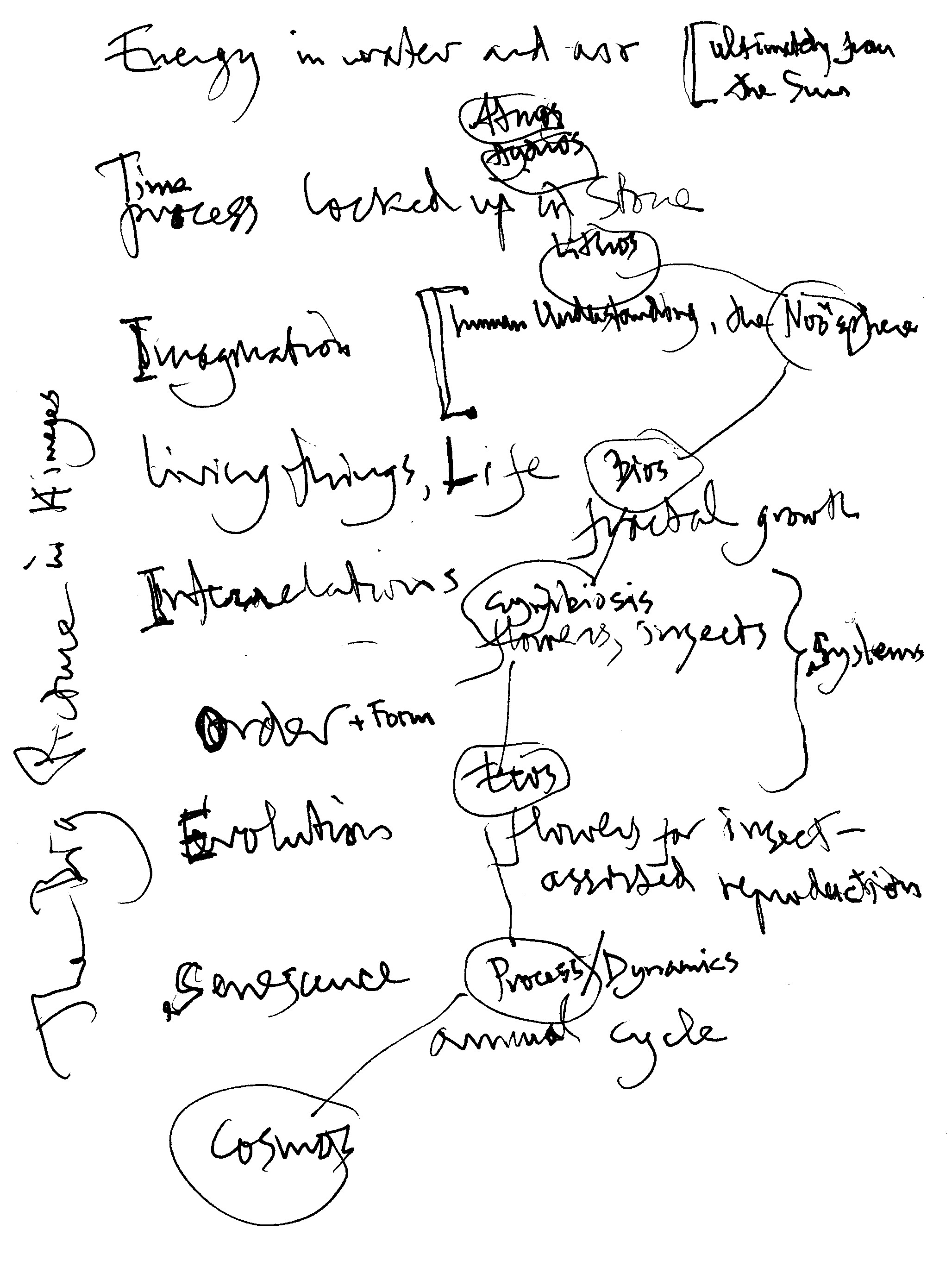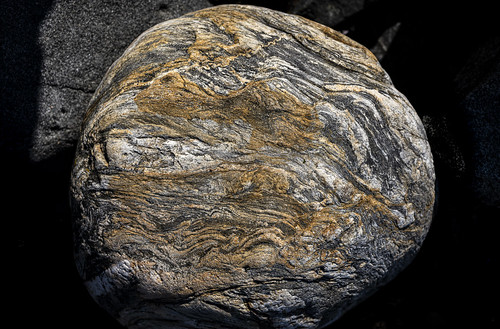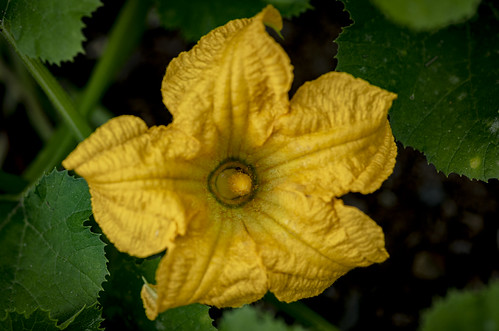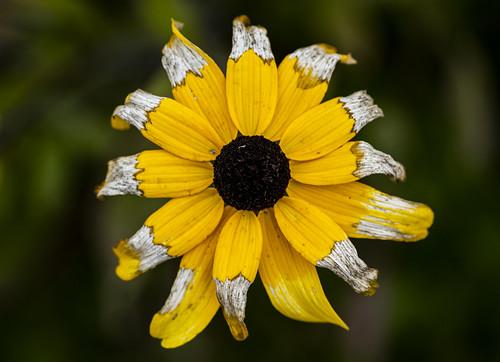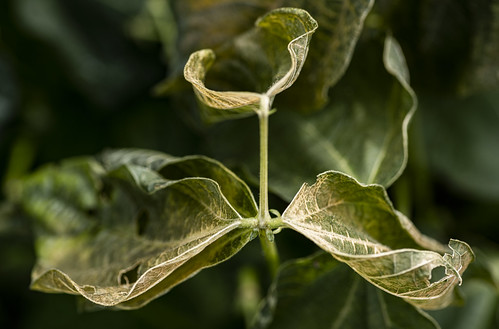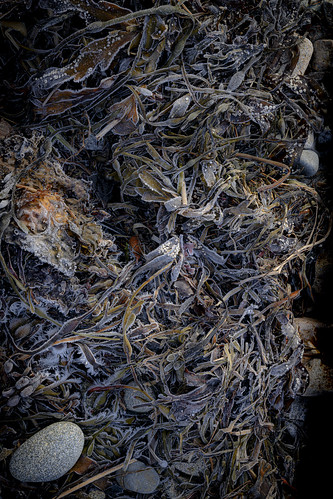Almost the first thing I saw this morning was this poem (via Amanda Palmer, who got it by email from Maria Popova):
THE BIG PICTURE
by Ellen Bass
I try to look at the big picture.
The sun, ardent tongue
licking us like a mother besotted
with her new cub, will wear itself out.
Everything is transitory.
Think of the meteor
that annihilated the dinosaurs.
And before that, the volcanoes
of the Permian period—all those burnt ferns
and reptiles, sharks and bony fish—
that was extinction on a scale
that makes our losses look like a bad day at the slots.
And perhaps we’re slated to ascend
to some kind of intelligence
that doesn’t need bodies, or clean water, or even air.
But I can’t shake my longing
for the last six hundred
Iberian lynx with their tufted ears,
Brazilian guitarfish, the 4
percent of them still cruising
the seafloor, eyes staring straight up.
And all the newborn marsupials—
red kangaroos, joeys the size of honeybees— steelhead trout, river dolphins,
all we can save
so many species of frogs
breathing through their
damp permeable membranes.
Today on the bus, a woman
in a sweater the exact shade of cardinals,
and her cardinal-colored bra strap, exposed
on her pale shoulder, makes me ache
for those bright flashes in the snow.
And polar bears, the cream and amber
of their fur, the long, hollow
hairs through which sun slips,
swallowed into their dark skin. When I get home,
my son has a headache and, though he’s
almost grown, asks me to sing him a song.
We lie together on the lumpy couch
and I warble out the old show tunes, “Night and Day” . . .
“They Can’t Take That Away from Me” . . . A cheap
silver chain shimmers across his throat
rising and falling with his pulse. There never was
anything else. Only these excruciatingly
insignificant creatures we love.
YES, I thought, the Big Picture. Step away from the personal, from the “wee little whimpering…” Ego, from the ephemerality of one’s own existence and Point of View… Imagine the ultimate, try to PICTURE it. Is it OUT there? Is it IN there?
Where does your understanding of the Big Picture find itself?
You may experience proddings that bear somehow upon this Question
but aren’t primarily visual.
You may even be inspired to cast that understanding
into a poem or a pointer to something lately read or seen…
Because I’ve been so engaged with images as we prepare to hang our joint show, my own imagining arrived as a set of photographs (mostly from the last few months) which exemplify my own conceptions of the Big Picture. They await your engagement below.
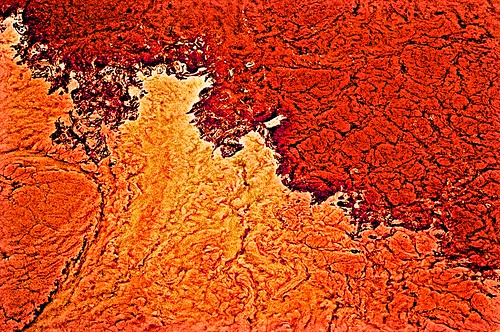
Addendum: my morning notes on those 14 images
